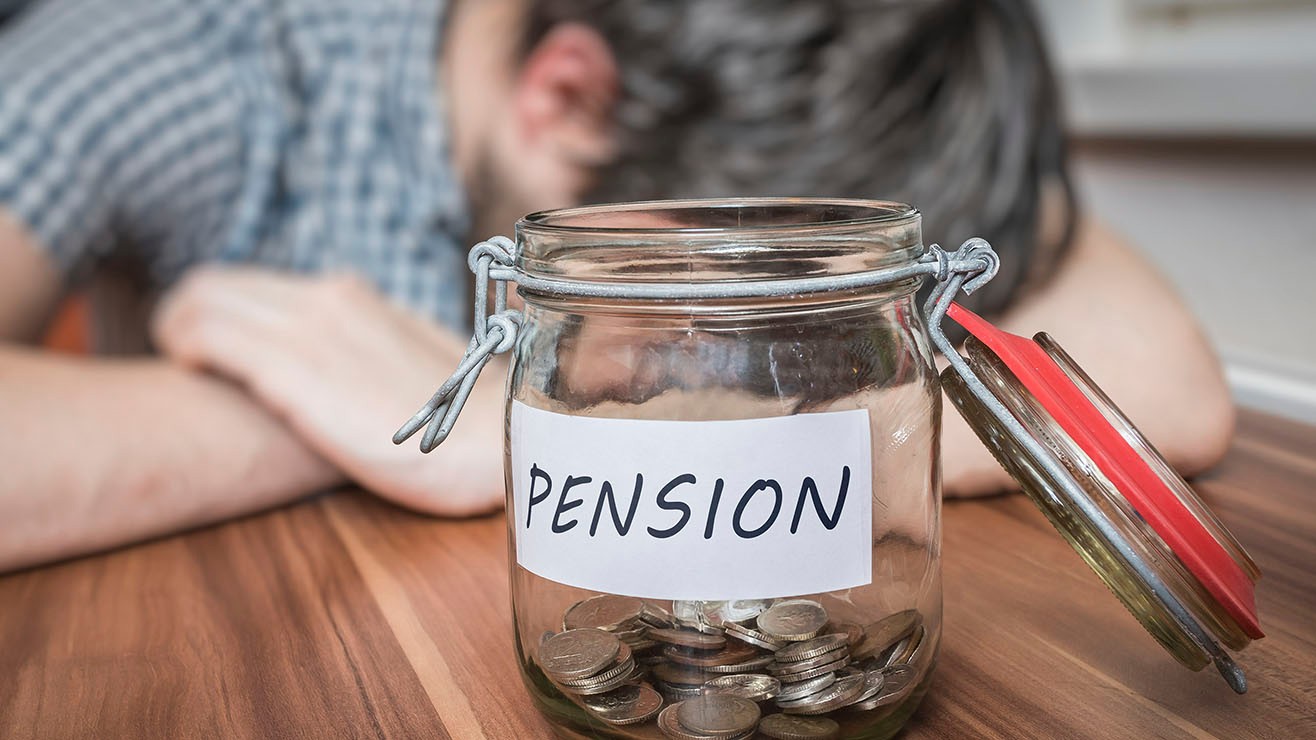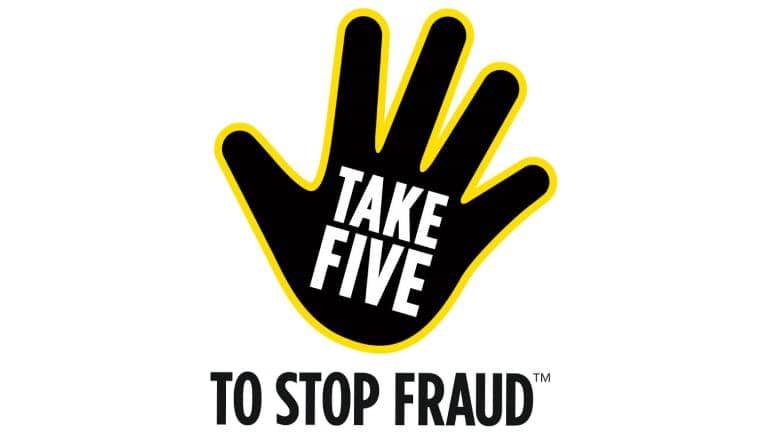
Pension scams
When scammers convince you to take money out of your pension for investment opportunities which turn out to be fake.
How it can happen to you
- You’re contacted by someone who claims you’ve been chosen for an exclusive investment opportunity. They say it would be ideal for someone who can access their pension
- The scammer asks you to take a large amount of money out of your pension – they might lie about how pension tax works, or say the rules don’t apply to their offer. They ask you to transfer the money somewhere, and then steal it. You could also end up owing tax on what you’ve withdrawn
How to protect yourself
- Consult a pension specialist before you make any changes to your pension
- Use the FCA (Financial Conduct Authority) website to check whether the person of company you’re dealing with is regulated. If they are, the FCA will list contact details for them – use these to confirm whether the person who contacted you was genuine
- If an offer seems too good to be true, it probably is
What does it look like?
We've written a story that shows what a pension scam might look like. It describes common tactics we know scammers use, based on insights from our fraud and scams team.
Types of scams to watch out for
These are among the most common tricks currently used by scammers but they constantly come up with new ways to contact you, so be vigilant.

Impersonation scams
When someone pretends to be the police, a bank, a friend or business, to convince you to send them money.

Investment scams
When you’re invited to invest in things that are worthless, or don’t exist.

Purchase scams
When fake or non-existent items are advertised for sale.

Advance fee scams
When fake companies ask for an upfront fee and then don’t provide the service you’ve paid for.

Invoice scams
When account details on an invoice are changed, or emails are intercepted, so the money is wrongly paid into the scammer’s account.

Romance scams
When someone pretends to be interested in a romantic relationship with you. They gain your trust and then ask for money.

Pension scams
A scammer says they can make you money, and convinces you take a lump sum out of your pension – then steals it.

Doorstep scams
A rogue trader knocks on your door and pretends your house needs work – then overcharges you for it and often doesn't finish the job.

Bereavement scams
A scammer contacts you after someone has died, and says you owe money to pay off a debt or access a payout.

Phishing, smishing, and vishing
You receive an email, text message, or call claiming to be from a well-known company or organisation such as a bank or the police.
You may also like…

Protect yourself from fraud
Learn about the different types of fraud
More and more people are being targeted by fraudsters, so it’s important to be alert. Knowing about the different types of fraud can help you protect yourself and your money.

Think you’ve been a victim?
How to report fraud or a scam
Find out what to do if you’re worried about a card payment, how to report fraud and scams and what happens after you tell us, plus get tips on how to help protect yourself.

Take Five to stop fraud
National awareness campaign
Take Five is led by UK Finance and backed by the Government and other organisations. If you receive a phone call, text or email you think might be fake, it urges you to stop – take five – and challenge what you’re told.

Make money work for you
Explore the ways we can help you start a new relationship with money, whatever your age.